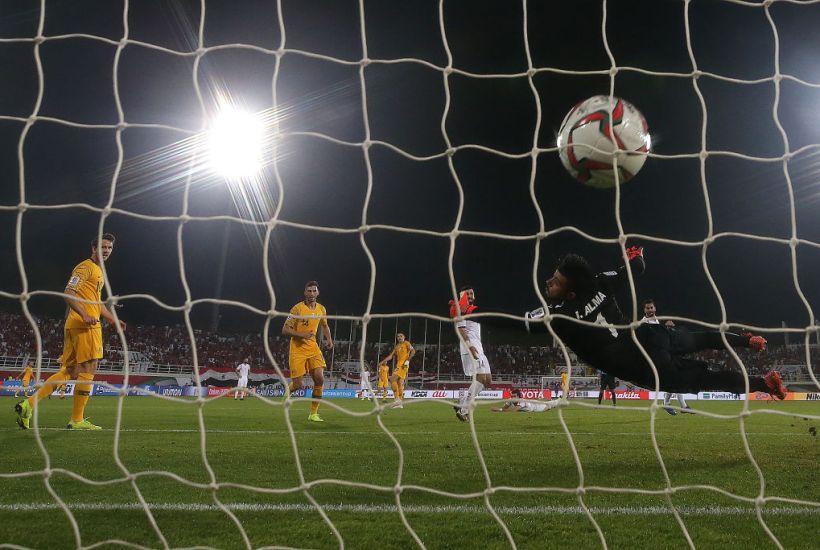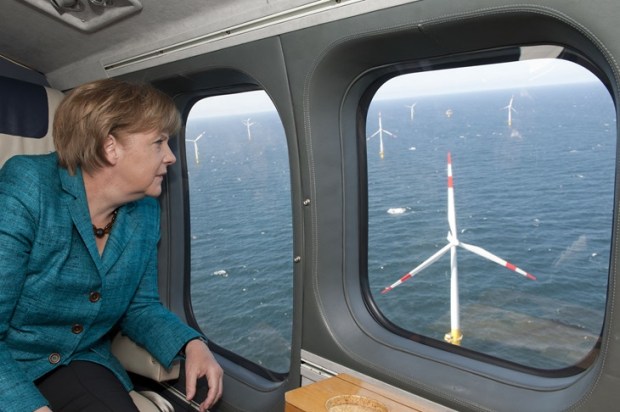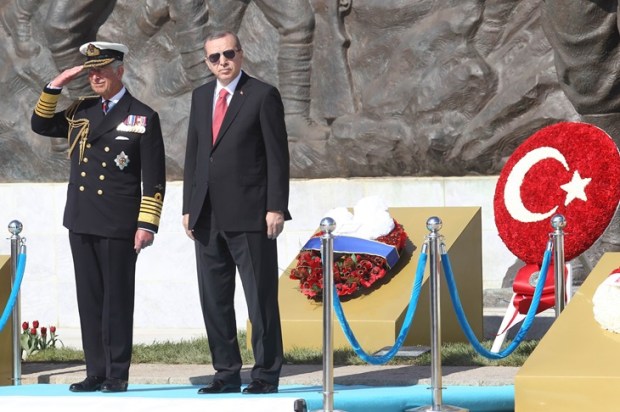Soccer is one of the most popular amateur sports in Australia. Out of the shadow of Covid-19, we’re expecting a bumper winter of amateur soccer players taking to football fields around the country.
Also in 2021, the rubber hits the road in terms of the Olympics and World Cup Qualifiers and — fingers closed — Aussie football fans will be crowding the Covid-free pubs late at night to watch the Socceroos and Matildas mix it up with the world’s best.
The Olyroos have drawn a deadly group for the Olympics, with Argentina, Spain and Egypt, while the Matilda’s have a pretty tough challenge ahead of them as well, squaring up against Sweden, the United States and New Zealand in their Olympic group.
Despite the fanfare of Tokyo ’21, many people don’t realise is that Australia is at risk of becoming a football wasteland and relegated to the sidelines on the world footballing stage. That’s because our next potential Harry Kewells or Mark Vidukas are being let down by a poor national coaching system in Australia, particularly a lack of skills coaching and training for our kids and coaching curriculums that pay no attention to individual development once a child reaches 12 years old.
According to their financial statements, Football Australia received $6.2 million in ‘grants’ last financial year, on top of broadcast rights and sponsorship deals.
Football Australia has ploughed these resources into a good base-level coaching curriculum for part-time ‘parent coaches’ of junior/social teams for under 12s. From 12 up the curriculum provides more substance for coaches to develop good weekend teams. However, none of this is really designed to develop high-level players.
The result is that too many young players with a potentially bright football future are falling through the cracks due to a ‘lowest common denominator’ coaching model that is not designed to foster high-level talent among young players.
There is no curriculum inside the Football Australia model that works on developing individual players over the age of 12.
Football NSW’s answer has been the Skills Acquisition Program, or what many parents will know as ‘rep football’. Unfortunately, Football NSW has diluted the quality of personal coaching for skilled players by handing out so many SAP licences that the actual quality of coaching has become very mediocre.
To enrol their kids in the SAP program, parents will pay a minimum of $1,700 per player. Many parents cough up the dough because they’re afraid their child will get missed in the system if they don’t sign them up. However, with no detailed technical coaching curriculum in place for this level of player, the standard of coaching for skilled players is quite hit and miss.
This is where private soccer academies are filling the gap, providing young footballers from Sydney and across the country with an individual development program to help them reach their full potential.
The rise in private football academy start-ups offers parents an alternative that is accountable to the service and outcome they deliver. Just like any competitive industry. As opposed to relying on parents to sign up based simply on the fear of missing out. More importantly, private academies have a very specialised and set curriculum designed to develop the individual player for the team game.
Many academies curriculum and approach is focused on developing young players’ technical skills as well as their football intelligence, physical coordination, and mindset. There is also an investment in a young player’s character and self-confidence.
There is no magic bullet to reversing the trend in our domestic football system that, if it continues, will see Australia miss out on some of the biggest sporting events in the world.
A step in the right direction would be to see additional funding from Football Australia in the development within the national curriculum that focuses on cultivating individual players that show promise, into their teen and adult years. Or perhaps even collaborate with ‘experts’ in the private academy space to provide this type of training more broadly across Australia.
In addition, if Australia wants to maintain a footing on the world football stage, private sector football academies need to be supported and fostered by government grants and policies, just like any other small business, that help fosters the next generation of Socceroos and Matildas.
Cam Jones is a former elite footballer who came through the same youth system as Australia’s ‘golden generation’ of football, playing for Sydney Olympic, Northern Spirit and Newcastle United in the National Youth League before being introduced to the 1st Grade at both Northern Spirit and Newcastle United. He trialled for some of England’s biggest clubs including Aston Villa, Newcastle United, and Crystal Palace before ultimately playing for Stoke City Reserves in 2003. He is the founder and director of the Spark Futbol Academy.
Got something to add? Join the discussion and comment below.
Get 10 issues for just $10
Subscribe to The Spectator Australia today for the next 10 magazine issues, plus full online access, for just $10.


























Comments
Don't miss out
Join the conversation with other Spectator Australia readers. Subscribe to leave a comment.
SUBSCRIBEAlready a subscriber? Log in